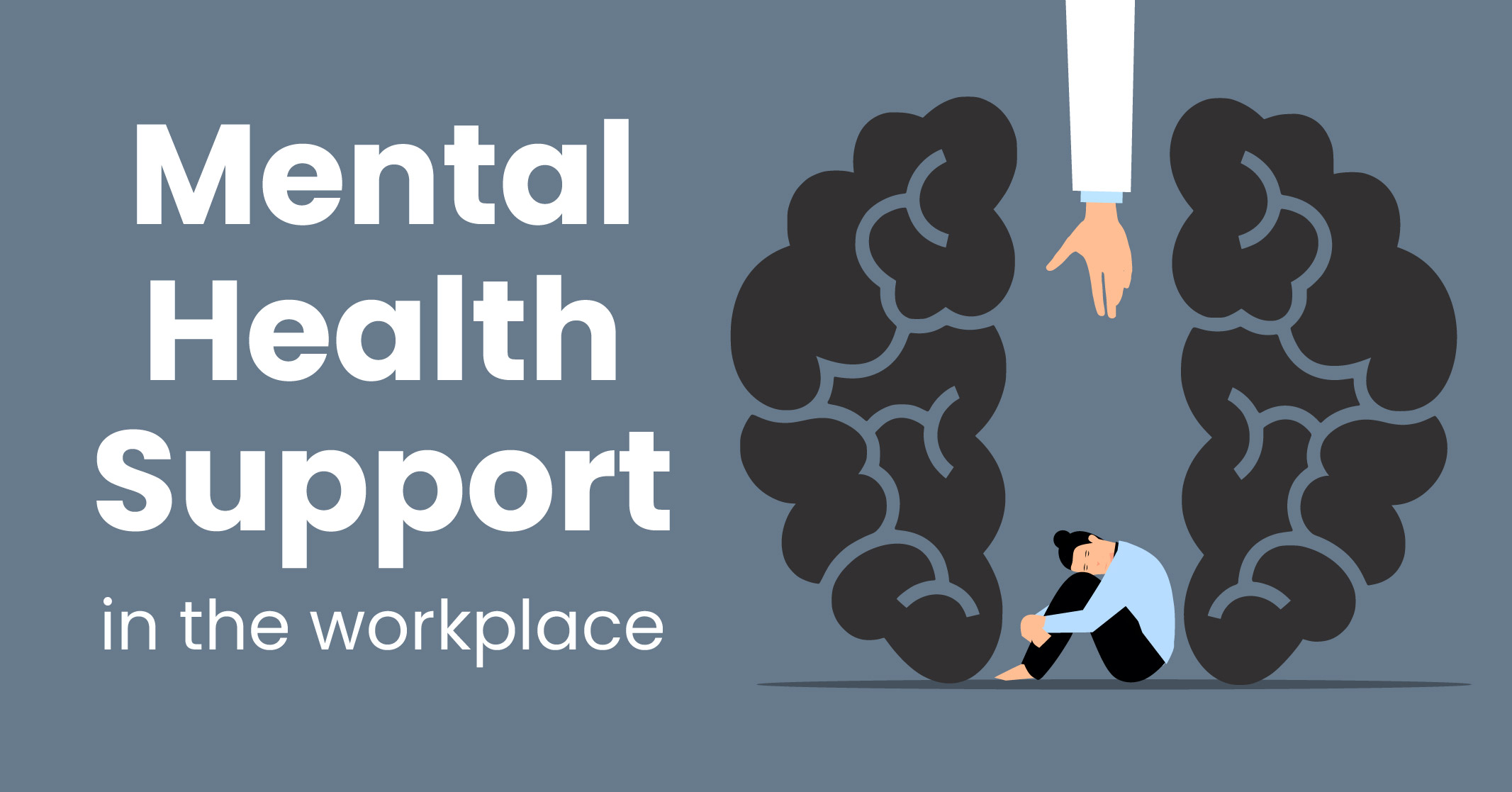Inpatient Mental Health Solutions: A Course to Recovery and Security
Inpatient mental health and wellness solutions play an essential role in resolving acute emotional dilemmas, offering a meticulously organized environment that promotes healing and stability. The complexities of the admission procedure and the importance of aftercare raise essential questions regarding access and efficiency in the broader context of mental health and wellness treatment.
Recognizing Inpatient Mental Health And Wellness Solutions
Inpatient psychological health solutions are crucial for providing extensive and organized care to people experiencing extreme emotional distress or mental disorder. These services usually include the admission of people to specialized centers where they receive day-and-night supervision and support from a multidisciplinary team of psychological wellness specialists. The key goal of inpatient treatment is to support clients, guaranteeing their safety and security and resolving intense signs and symptoms that may pose a risk to themselves or others.
Inpatient programs commonly consist of a series of restorative interventions, including individual and team treatment, medication administration, and psychoeducation. The structured setting is made to advertise recuperation by supplying a constant regimen, reducing outside stress factors, and helping with the development of coping techniques.
When outpatient treatment choices have verified inadequate or when a person is in crisis,Admission to inpatient solutions is usually considered. Facilities might vary in regards to their particular emphasis, with some specializing in certain disorders such as anxiousness, anxiety, or substance usage. Through detailed analyses and tailored treatment strategies, inpatient mental health and wellness solutions aim to provide the needed support for individuals to gain back stability and plan for a change to less extensive degrees of care.
Advantages of Inpatient Treatment
The benefits of inpatient treatment are considerable, especially for people dealing with acute mental wellness challenges. Inpatient therapy offers a structured atmosphere that fosters recovery by reducing stressors and interruptions related to day-to-day live. This regulated setting permits people to focus solely on their psychological wellness, helping with the essential time for healing.
In addition, inpatient treatment offers 24/7 accessibility to clinical and therapeutic support. This consistent accessibility guarantees that patients can receive immediate focus during dilemmas, which is important for those experiencing serious episodes - mental health services. The joint method amongst clinical personnel, including specialists, psychiatrists, and registered nurses, enhances the quality of treatment and advertises an extensive treatment plan tailored to specific requirements
In addition, the communal aspect of inpatient treatment fosters a sense of belonging and support among people. Group therapy sessions and shared experiences can reduce feelings of isolation, encouraging individuals to take part in their recovery proactively.
Additionally, inpatient programs frequently give individuals with necessary coping methods and skills that can be testing to establish in outpatient setups. By addressing underlying problems within a supportive framework, inpatient care can lead to more secure end results and a smoother change back to day-to-day life, eventually paving the path to continual recuperation.
Treatment Techniques and Therapies
Different treatment approaches and treatments are used in inpatient mental health services to resolve the special requirements of each client. These methods are made to assist in healing and promote psychological stability in a structured setting.

Cognitive Behavior Modification (CBT) is an extensively utilized technique, aiding individuals in recognizing and altering unfavorable idea patterns that add to their mental wellness issues - mental health services. Dialectical Behavior Modification (DBT) is an additional effective technique, specifically for those with borderline personality disorder, concentrating on psychological regulation and interpersonal pop over to this site performance
Pharmacotherapy plays a crucial function in therapy, with psychological medications prescribed to handle signs of problems such as schizophrenia, clinical depression, and anxiety. Regular tracking and modifications make sure the efficiency of these medicines while lessening adverse effects.
Team treatment cultivates a feeling of neighborhood and assistance amongst clients, enabling them to share experiences and dealing methods. In addition, all natural treatments, such as art and songs treatment, promote self-expression and emotional healing.
Ultimately, the combination of these varied healing methods supplies a detailed therapy plan tailored per person's details demands, intending to enhance their overall health and promote an effective change back right into daily life.
The Admission Process
Browsing the admission process for psychological health solutions is an important initial step towards recovery. During this assessment, the person's mental wellness history, signs, and prompt needs are extensively examined.
When the analysis is completed, the following action involves going over the possible treatment choices. The specific and the treatment team collaboratively pick the very best training course of action, which might consist of inpatient care if the circumstance is regarded extreme. This is followed by the completion of needed documentation, including insurance coverage confirmation and consent forms, to make sure that this post all financial and legal elements are attended to.
In addition, family involvement may be motivated during this stage to supply assistance and collect viewpoints on the person's situation. Ultimately, the admission process aims to create a risk-free and helpful atmosphere for the individual, permitting for a smooth change right into inpatient treatment. By recognizing and getting involved in this procedure, people can take a crucial action towards accomplishing mental health and wellness stability and healing.

Aftercare and Ongoing Assistance
After completing an inpatient mental health and wellness program, people frequently deal with the essential task of transitioning to aftercare and ongoing support, which are necessary for continual recovery. This phase is important for enhancing the abilities and dealing mechanisms discovered during the inpatient remain, making certain that people proceed to progress in their mental health journey.
Aftercare usually includes a mix of outpatient treatment sessions, support system, and medicine monitoring. Participating in routine treatment enables people he said to attend to continuous challenges and create techniques to deal with stressors in their every day lives. Support groups offer a sense of community and shared experience, fostering connection and understanding amongst peers encountering comparable battles.
Furthermore, continuous support may consist of family members participation, where liked ones are educated regarding mental health issues and urged to take part in the recuperation process. This holistic approach develops a durable support network, enhancing the person's possibilities of long-lasting stability.
Inevitably, aftercare and recurring support work as a bridge between inpatient therapy and independent living, equipping individuals to browse their mental health obstacles with durability and self-confidence. Focusing on these resources is essential for promoting a sustainable healing trajectory.
Conclusion

Inpatient psychological health solutions play an essential duty in dealing with severe psychological dilemmas, offering a very carefully organized environment that cultivates healing and stability.Inpatient psychological health services are crucial for offering intensive and structured treatment to people experiencing severe mental distress or psychological illness. With detailed assessments and tailored treatment strategies, inpatient psychological health services aim to supply the necessary support for individuals to gain back security and prepare for a change to less extensive degrees of treatment.
